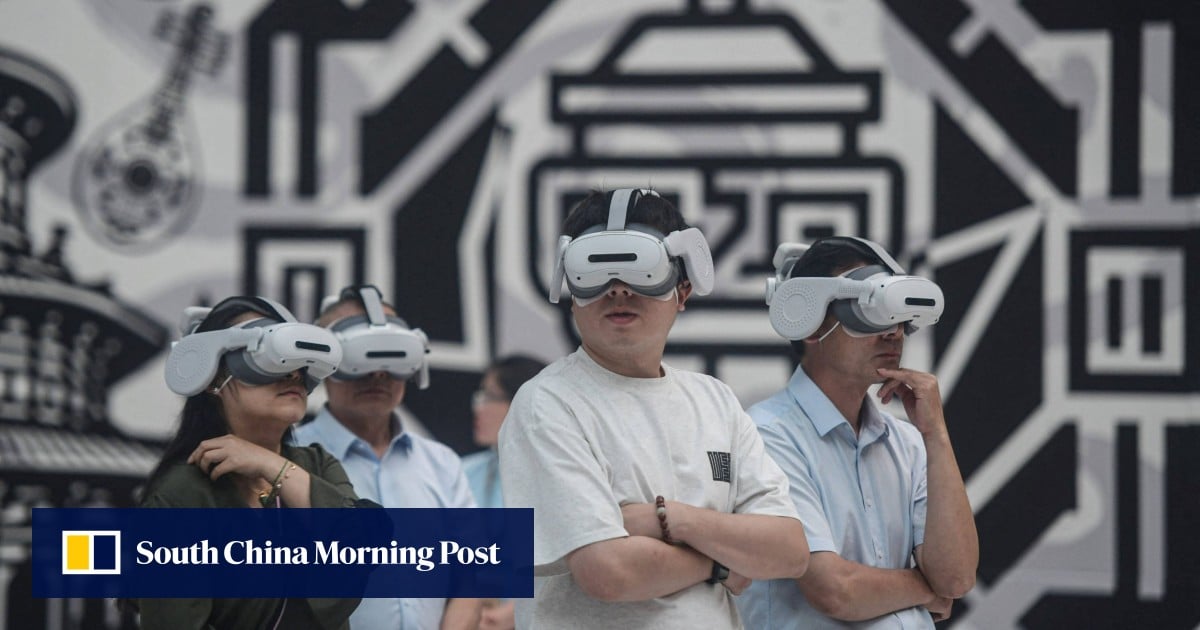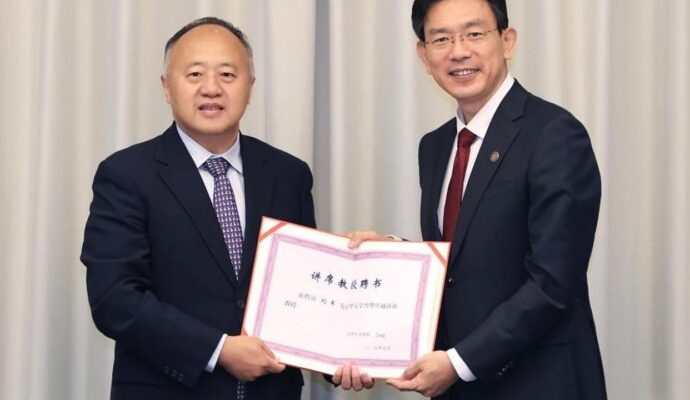
While the rise of artificial intelligence (AI) is set to mitigate an expected shortage of labour in China in the long run, market observers differ on its impact on deflationary pressures in the near term.
Advertisement
The wider adoption of AI in China could exacerbate “China’s prevailing deflationary pressures” by disrupting an already-weak employment market, as the labour displacement effects of the technology might dominate in the short term, Morgan Stanley analysts said in a research report published last month.
“In China, the AI-induced labour market disruption could potentially prove more acute, given that the economy has a weak starting point of high youth unemployment problems and deflation,” they said.
With AI potentially taking over “junior-level cognitive work”, companies might be encouraged to spend more on adopting the technology, with reduced hiring “leading to more severe wage growth deceleration”, the report said.
But Ding Shuang, chief Greater China economist at Standard Chartered, said AI would not be a driving force of deflationary pressure in China as the main causes were overcapacity in some industries and sluggish domestic demand.
Advertisement
“To combat deflationary pressure, China should curb overinvestment and excessive competition, but not hesitate to develop AI for fear of deflation, as AI is a strategically important industry,” Ding said.

